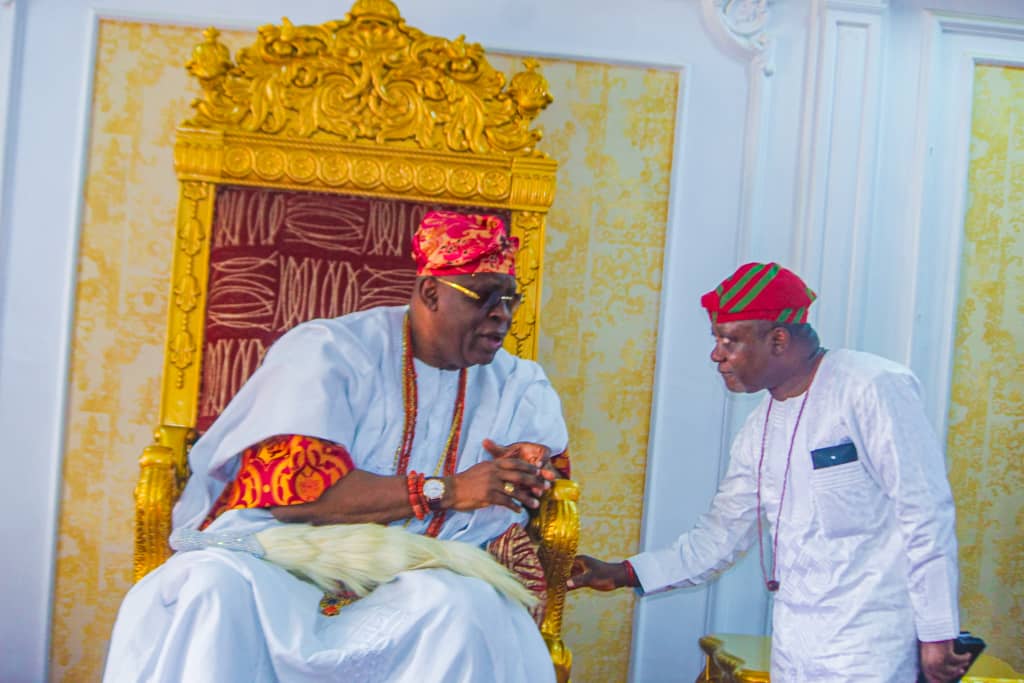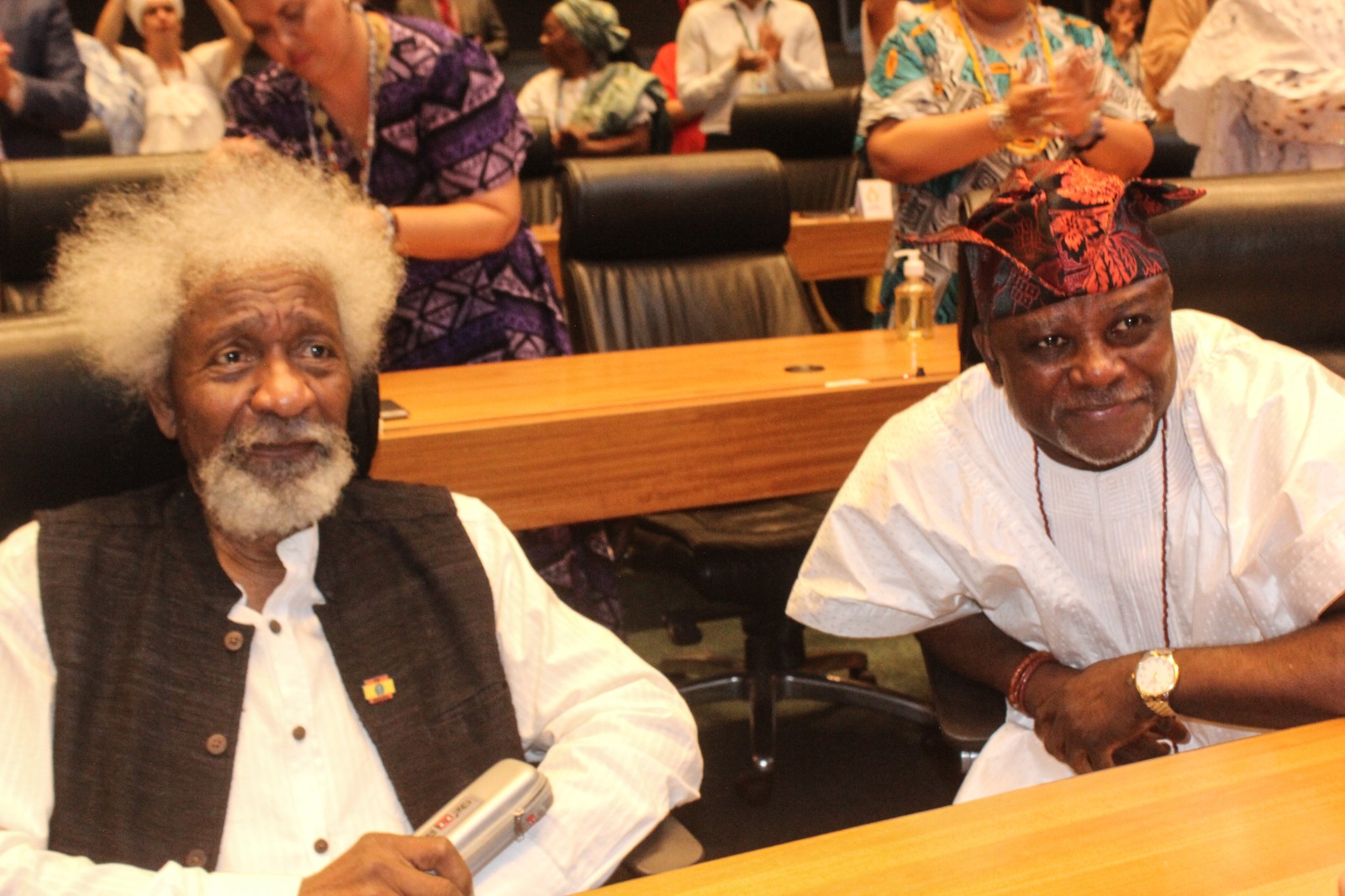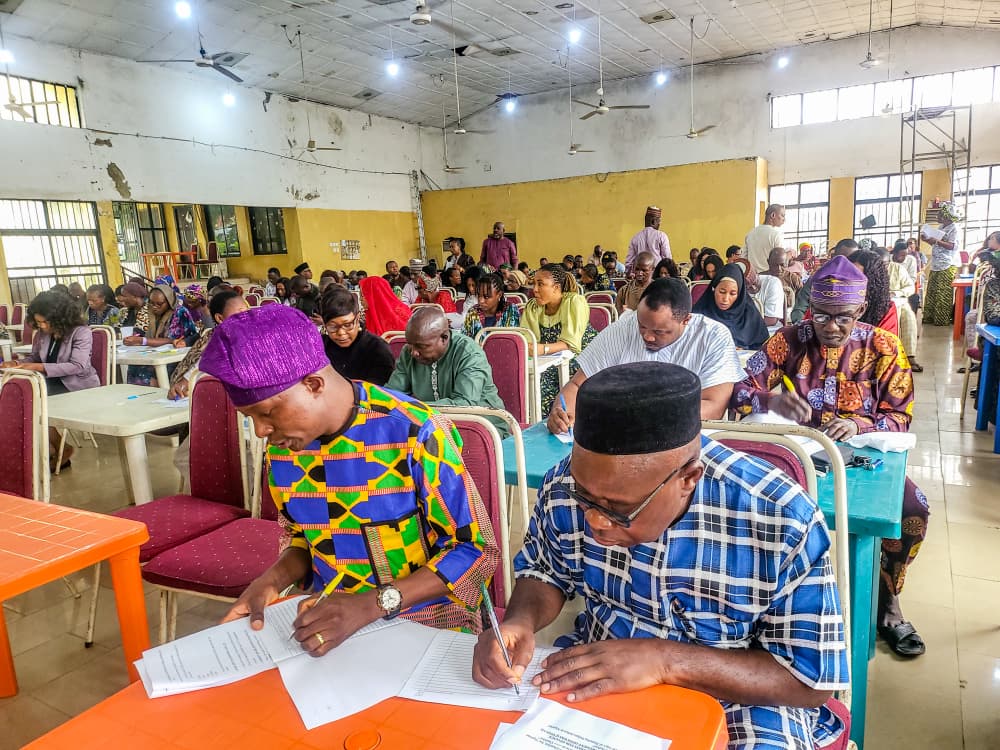It was indeed a historical and cultural exploration of the rich heritage of Turkey, especially for me who was attending the Global Public Diplomacy Network (GPDNet) programme and visiting the country for the first time.
The seven-day event organised by the Yunus Emre Enstitusu, as a the current Presidency of the Global Public Diplomacy Network (GPDNet), was not only inspiring, educative, and informative, but also a remarkable example of how the preservation and promotion of a nation’s rich cultural heritage is imperative for sustainable development.
Significantly, it shows Turkey as a country with a well preserved history and diverse culture that is a blend of various elements of the Turkic, Anatolian, Ottoman and Western culture and traditions; a product of efforts to be a “modern” Western state, while maintaining traditional religious and historical values.
The event included City Tours, Launch Programme and Meeting from 2-9 October, 2016 in Turkey, cities of Cappadocia, Ankara and Istanbul, as part of a Project to strengthen the participation of public diplomacy institutions to the GPDNet and provide opinion exchange between member countries for the 4th General Assembly at the host country, Turkey.
It was a breathtaking experience of how the Turkish nation has been able to preserve her history in its original state over the years, despite the ostensibly overwhelming influence of globalisation.
From Cappadocia Tour: Kaymaki Underground Caves tour; Guray Museum, Clay and Ceramic Museum tour; to Devrent tour; Pasabag tour; Goreme Open Air Museum tour; Panoramic views of Fairy Chimneys and Hot Balloon tour; to Salt Lake visit; Anatolian Civilizations Museum tour; Turkish Parliament Building visit and Historic Peninsular visit: Tokpapi Palace; it was no doubt an inspiring tour of Turkish culture and civilisation, some of which span several centuries ago. Added to these were equally amazing tours: Hagia Sophia, Basilica Cistern, Blue Mosque, and Bosphorus Cruise by luxury boat.
One must commend the Turkish government support for the arts and culture sector, and the tourism industry, as was evident in the organisation of the programme by the Yunus Emre Enstitusu, especially its policy on preservation of museums and monuments, by not allowing modification or alteration of any building without the express permission from the Ministry of Culture and Tourism.
Yunus Emre Enstitüsü, as a public foundation, which was founded under the law to promote Turkey, Turkish language, its history and culture and art, by making related information and documents available for use in the world, has by this programme, not only demonstrated its capacity and commitment to this vision but also the vision of GPDNet as a platform that contributes to international community through cultural and civil society initiatives by sharing knowledge and encouraging cooperation.
Tony Okuyeme
Arts Editor
New Telegraph Newspaper
Lagos, Nigeria


